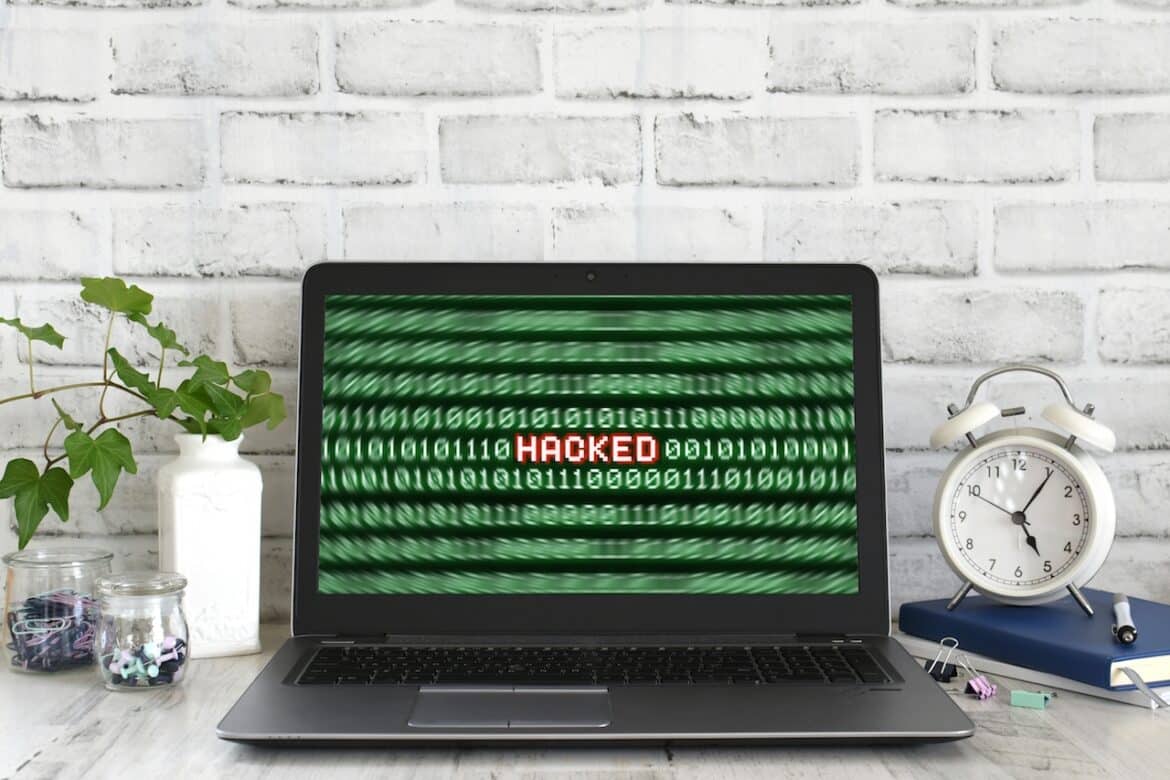
As technology rapidly grows and new trends emerge every day, cybercriminals quickly adapt their sophisticated tactics to steal confidential information. But they won’t have the upper hand if you know how to prevent cybersecurity attacks.
In fact, 2020 recorded the highest cases of cyber attacks compared to the previous years. It’s clear businesses must invest in better cybersecurity systems and tools to secure sensitive data.
Data breaches can permanently damage the reputation and finances of your business, but it is possible to prevent cyber attacks from occurring in the first place.
We’ve put together some of the key tips for preventing cybersecurity attacks.
Update Your Software Regularly
Outdated software makes your system vulnerable to ransomware attacks. That’s why you need to update and patch your software regularly to eliminate the vulnerabilities hackers may target. Always ensure you turn on automatic system updates on your devices and that all applications and operating systems run on the latest software. It is important to note that some software like Wi-Fi router firmware, unlike other applications, requires manual updates.Provide Employee Security Training
Phishing scams are the most prevalent form of cyber attacks. It is critical to educate your employees on your company’s security policies to avoid vulnerabilities in your system that expose your data. Train employees on how to prevent cybersecurity attacks with effective methods, such as:- Recognizing suspicious files, links, and attachments and not opening them
- Determining whether email addresses are legitimate before responding
- Avoiding sharing sensitive information to unauthorized persons
